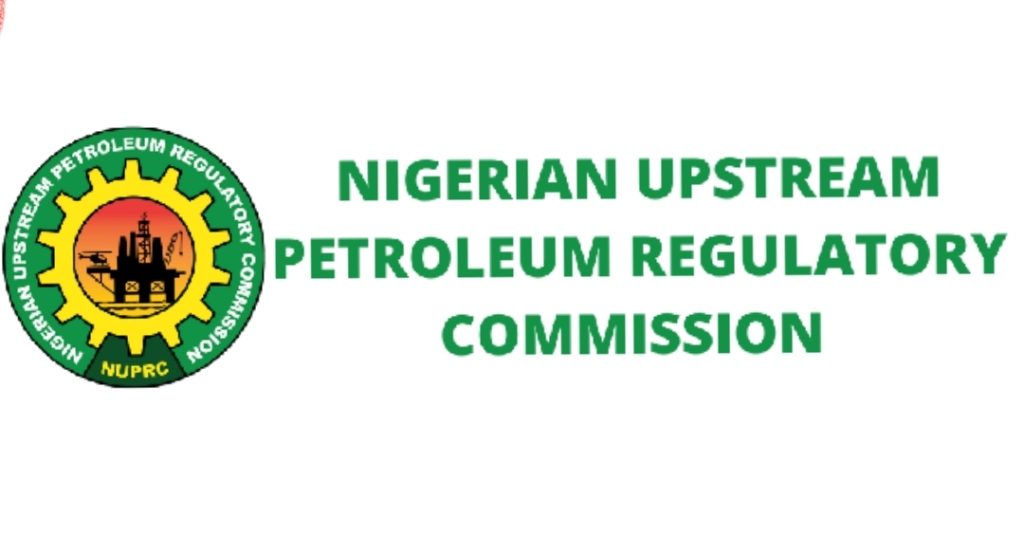The Nigerian Upstream Petroleum Regulatory Commission (NUPRC) has unveiled a groundbreaking policy, the Upstream Petroleum Decarbonisation Template (UPDT), designed to revolutionize the nation’s oil and gas sector and steer it towards a sustainable and environmentally responsible future. Effective January 2025, this template will become a mandatory requirement for all companies seeking licenses and permits for upstream petroleum operations. The UPDT is a comprehensive framework aimed at aligning Nigeria’s upstream activities with global climate goals, particularly the nation’s commitment to achieving net-zero emissions by 2060. This initiative signals a significant shift in the regulatory landscape, emphasizing the integration of decarbonization strategies into the core of upstream operations.
The UPDT is deeply rooted in the Petroleum Industry Act of 2021, which mandates the NUPRC to promote sustainability measures within the sector. This template serves as a practical tool to implement these mandates and solidify Nigeria’s commitment to decarbonization and environmental stewardship. It represents a proactive approach by the NUPRC to ensure the long-term competitiveness and investment attractiveness of Nigeria’s oil and gas industry in the face of the global energy transition. This transition is increasingly prioritizing low-carbon energy solutions, making it crucial for Nigeria to adapt and evolve its practices to maintain its position in the global energy market.
The UPDT establishes a clear set of requirements for licensees and lessees, focusing on concrete actions to reduce their environmental footprint. These requirements include significant reductions in greenhouse gas emissions, the adoption of cutting-edge low-carbon technologies, the implementation of comprehensive energy efficiency measures, and the integration of renewable energy sources into upstream operations. The template mandates the incorporation of decarbonization strategies into all aspects of upstream activities, from field development plans and well drilling to facility engineering and project design. This comprehensive approach ensures that sustainability is not an afterthought but is woven into the fabric of every operational decision.
Furthermore, the UPDT emphasizes compliance with the Gas Flaring, Venting, and Methane Emissions Regulations of 2023, specifically targeting the elimination of routine flaring and venting, practices that contribute significantly to greenhouse gas emissions. Companies are mandated to implement robust methane management programs, including leak detection and repair initiatives, further minimizing their environmental impact. The optimization of operations using energy-efficient technologies and the integration of renewable energy sources are also key components of the UPDT, driving the industry towards a cleaner and more sustainable energy future.
Beyond emission reduction and operational efficiency, the UPDT encourages the development of innovative carbon management and monetization initiatives. These initiatives encompass a broad range of strategies, including carbon capture and storage, nature-based solutions, and carbon offset projects. This forward-thinking approach recognizes the potential for transforming carbon liabilities into valuable assets, contributing to both economic growth and environmental sustainability. By promoting these initiatives, the NUPRC is fostering a culture of innovation within the industry, encouraging companies to explore and implement cutting-edge solutions to address the challenges of climate change.
The NUPRC emphasizes that the UPDT is not intended to create regulatory hurdles but rather to enhance the environmental credentials of Nigeria’s upstream sector. By demonstrating a strong commitment to sustainability, the commission aims to attract responsible investments and ensure alignment with international Environmental, Social, and Governance (ESG) standards. These standards are increasingly becoming a benchmark for investors, making adherence to ESG principles vital for attracting capital in the current global landscape. The NUPRC is actively working to provide technical guidance, capacity-building programs, and support mechanisms to facilitate the seamless implementation of the UPDT. This includes an industry-wide decarbonization workshop planned for the first quarter of 2025, aimed at equipping stakeholders with the knowledge and tools necessary to navigate this new regulatory environment.
The NUPRC views the UPDT as a pathway to achieving long-term sustainability, operational excellence, and regulatory compliance within the upstream oil and gas sector. By embracing the measures outlined in the template, companies can mitigate the risks of defunding and financing challenges, ensuring their continued access to capital in a world transitioning towards low-carbon energy solutions. The commission reaffirms its commitment to fostering a thriving and resilient upstream industry that operates in harmony with both national priorities and international climate goals. This proactive approach to regulation positions Nigeria as a leader in the drive towards a sustainable energy future, demonstrating its commitment to balancing economic development with environmental responsibility.














